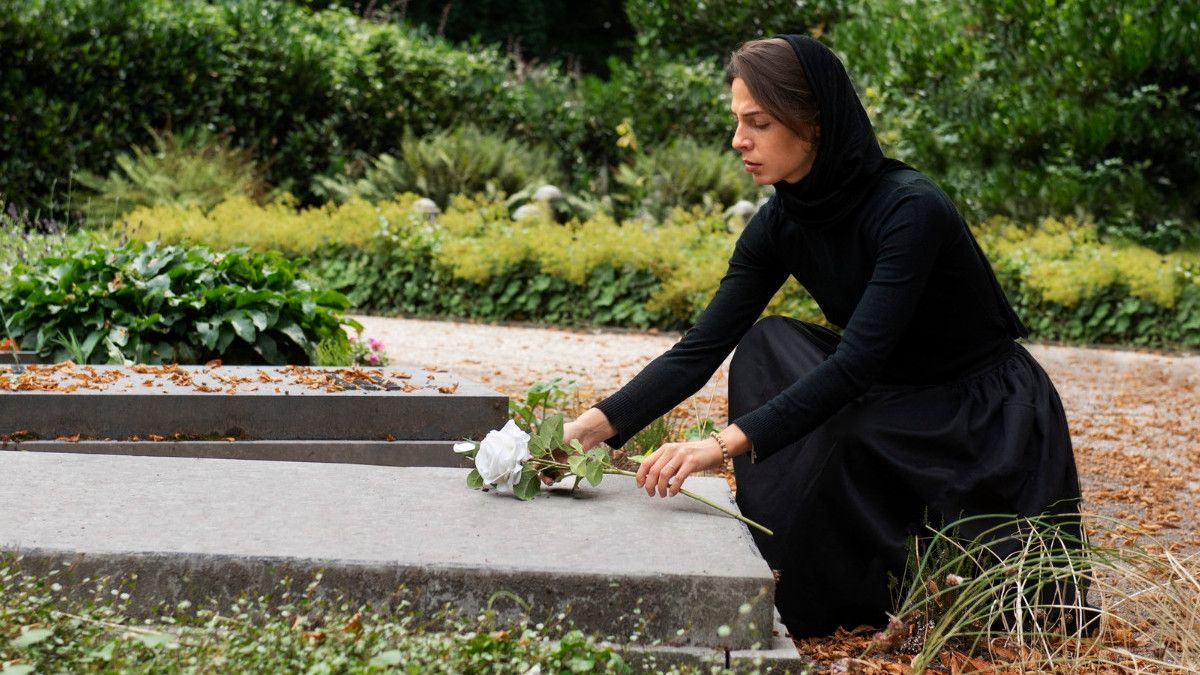YOGYAKARTA Most Muslims in the archipelago undergo the tradition of wearing or pilgrimage of the grave before the holy month of Ramadan. Apart from being famous, each region has a different but essentially the same name. Based on Islamic law, how is the tradition of grave pilgrimage before Ramadan? Is it a musyrik?
Initially, grave pilgrimages were prohibited because sociological degrees of faith in the birthplace of Islam, Arabia, at that time were still weak. Knowledge of the values and laws of Islam is still limited. But over time, law is studied and adapted to the context of the times.
Rasulullah SAW. during the era of jahiliyah, it was feared that there would be a misunderstanding when making grave pilgrimages. Because that period was dominated by belief in semanfaat. Launching NU Online Jombang, Thursday, March 7, the statement of the Prophet SAW. written in Sunan Turmudzi no. 983, here are the results:
You can't help it, you can't help it, you can't help it, you can't help it, you can't help it, you can't help it, you can't help it, you can't help it, you can't help it, you can't help it, you can't help it, you can't help it, you can't help it, you can't help it, you can't help it, you can't help it, you can't.
(3/370) LET'S TRY IT OUT, LET'S TRY IT OUT, LET'S TRY IT OUT, LET'S TRY IT OUT, LET'S TRY IT OUT, LET'S TRY IT OUT.
Meaning: 'Hadits from Buraidah he said that the Prophet SAW said 'I once forbade grave pilgrimages. But now Muhammad has been given permission to make a pilgrimage to his mother's grave. So now make a pilgrimage! Because it can remind you of the afterlife.'
According to the above, the requirement is allowed to make a pilgrimage to the grave, namely considering the afterlife. Pilgrimage of the graves of parents, pious people, and guardians, meaning that they are allowed especially before the holy month of Ramadan. The archipelago of hadiths above, is also the basis for ustadz and worshipers who prioritize pilgrimage to the graves of the guardians after the ta'lim majlis activities.
The law of grave pilgrimage is sunnah. This is written in Niyatus Zain by Syaikh Nawawi al-Bantani. The contents of the writing, namely:
"Eradiated for grave pilgrimage, whoever performs the graves of his parents or one of them every Friday, then Allah forgives his sins and he records as a devout and devoted child to his parents."
Pilgrimage to the grave, especially before Ramadan, or a normal day, especially Friday, there is a lesson. Namely having the opportunity to serve both parents. The Prophet SAW also said about how the wisdom of the pilgrimage of the graves of the two parents was written in al-Mu'jam al-Kabir Iit Tabharani juz 19:
You can't help it, you can't help it, you can't help it, you can't help it, you can't help it, you can't help it, you can't help it, you can't help it, you can't help it, you can't help it, you can't help it, you can't.
Meaning: 'Rasulullah SAW said 'Whoever makes a pilgrimage to the graves of his parents or one of them every Friday, then Allah forgives his sins and he records as a child who is obedient and devoted to his parents.'
Questioning the reward given during the grave pilgrimage tradition, it is written in the book Al-madhu 'at based on the hadith Ib Umar ra.
You can't help it, you can't help it, you can't help it, you can't help it, you can't help it, you can't help it, you can't help it, you can't help it, you can't help it, you can't help it, you can't help it, you can't help it, you can't.
Meaning: Rasulullah SAW said 'Whoever makes a pilgrimage to the grave of his father or mother, uncle or aunt, or makes a pilgrimage to one of the graves of his family, the reward is the amount of hajj mabru. And whoever istiqamah performs the grave pilgrimage until his death comes, the angels will always make pilgrimages to his grave.
SEE ALSO:
However, the law of grave pilgrimage for Muslims, or Muslim women, is a makhruh law. As written in the book I'anatut Thalibin contains:
Let's watch it, let's talk about it, let's help it, let's believe it. Let's believe in it. Let's take care of it. Let's take care of it, let's take care of it.
Meaning: 'Imposed for women on grave pilgrimages because they tend to help in conditions that weaken the heart and soul.'
Weaknesses of the heart and soul are feared to be easily touched, trendyuh, then crying in the grave. This means that it is not recommended, but if you carry out innocence.
Through the explanation above, it is known that the law in Islam regarding the tradition of grave pilgrimage before Ramadan or normal days, especially Friday, is sunnah for male but makhruh Muslims.
The English, Chinese, Japanese, Arabic, and French versions are automatically generated by the AI. So there may still be inaccuracies in translating, please always see Indonesian as our main language. (system supported by DigitalSiber.id)

















